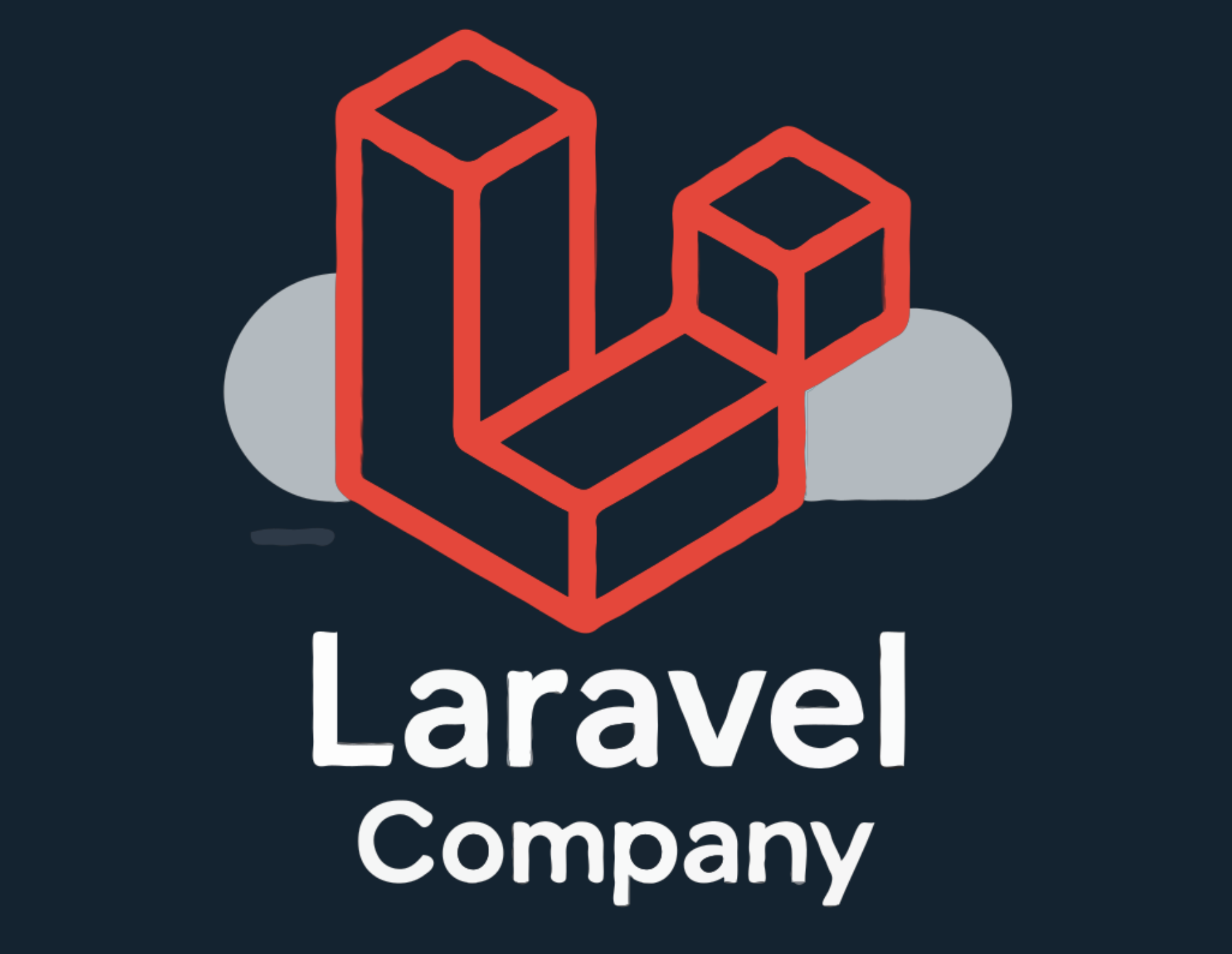The job market is brutal right now.
It’s especially challenging for junior software developers. Recent statistics show that computer science and engineering graduates are facing unemployment rates above 6%. That’s a tough pill to swallow, considering people often chose this field because of its reputation for job security.
I’ve talked with multiple new grads and early-career devs who are job hunting, and their stories are consistent: every listing fills quickly, with hundreds of candidates vying for a single spot. It’s discouraging, especially compared to just a few years ago when the industry was red-hot.
There’s some reason to be optimistic in the long-term. AI will likely create more roles than it eliminates, and the tech sector tends to bounce back. But if you’re searching for work right now, that’s little comfort. You need strategies that help you
The job market is tough right now.
It’s especially challenging for junior software developers. Recent statistics show that computer science and engineering graduates are facing unemployment rates above 6%. That’s a tough pill to swallow, considering people often chose this field because of its reputation for job security.
I’ve talked with multiple new grads and early-career devs who are job hunting, and their stories are consistent: every listing fills quickly, with hundreds of candidates vying for a single spot. It’s discouraging, especially compared to just a few years ago when the industry was red-hot.
There’s some reason to be optimistic in the long-term. AI will likely create more roles than it eliminates, and the tech sector tends to bounce back. But if you’re searching for work right now, that’s little comfort. You need strategies that help you stand out today. Here are three that can make a difference.
1. Spend More Time on One-on-One Relationships in Real Time
You might be looking at the challenge of finding a job like a numbers game: applying to a dozen different openings every day, and connecting with recruiters and employers on LinkedIn, hopeing
Why this matters:
-
Face-to-face connections build trust far faster than a résumé in a pile.
-
People hire people they know—or at least people they’ve met.
-
Networking often exposes you to opportunities that never get posted publicly, meaning less competition.
-
For posted jobs, the outcome is predictable: hundreds apply, one gets hired. For personal connections, the outcome is unpredictable—which is exactly what you want.
How to do it:
-
Attend tech-focused meetups or networking events. Just showing up demonstrates commitment to growth.
-
Try non-tech networking events too—you’ll stand out more and broaden your circles.
-
Approach conversations with curiosity. Focus on others’ work and how you might help them, rather than leading with your own job search. That generosity of spirit often comes back around.
2. Practice Non-Programming Skills
Programming is powerful, but it’s no longer rare. Bootcamps, online courses, and even AI-assisted “vibe coding” have made it more accessible than ever. Being a great programmer is valuable, but it’s no longer enough to set you apart.
What else helps:
-
Soft skills like communication, confidence, and creativity. These are difficult to showcase on a résumé, but they shine in interviews and relationships. They also pay off in every aspect of your career.
-
Other hard skills that complement programming: finance, market analysis, physics, hardware, media design, sales, marketing. Pairing technical ability with another domain makes you much harder to replace and much more attractive for hybrid roles.
3. Don’t Search Too Narrowly
Many people pursue software careers because they love coding and want to spend their days programming. But whether you enjoy your job depends less on the exact tasks and more on how you’re treated: whether you belong, feel valued, have autonomy, and can keep growing.
That means you don’t need to lock yourself into roles that perfectly match your favorite tech stack. Casting a wider net can speed up your job search.
Practical tips:
-
Apply to roles where you meet most—but not all—of the requirements. Employers expect growth.
-
Tailor your résumé to emphasize how your skills transfer.
-
Stay open to roles adjacent to software development. Sometimes a slightly different job can still deliver the fulfillment you’re looking for.
Final Thoughts
The current job market is discouraging, especially for junior developers who entered the field expecting stability. But while you can’t control the economy, you can control how you show up. Build real relationships. Broaden your skills. Keep your search wide enough to uncover opportunities you might otherwise miss.
It won’t guarantee a job overnight, but it will put you ahead of the pack—and help you build a career that lasts beyond this tough season.
The post Tips for Junior Developers to Land a Job appeared first on Atomic Spin.



